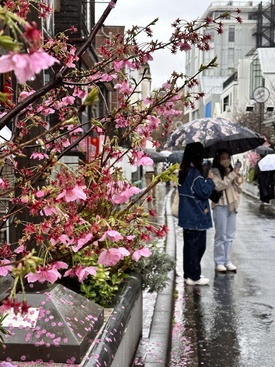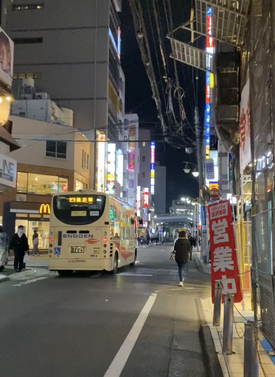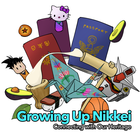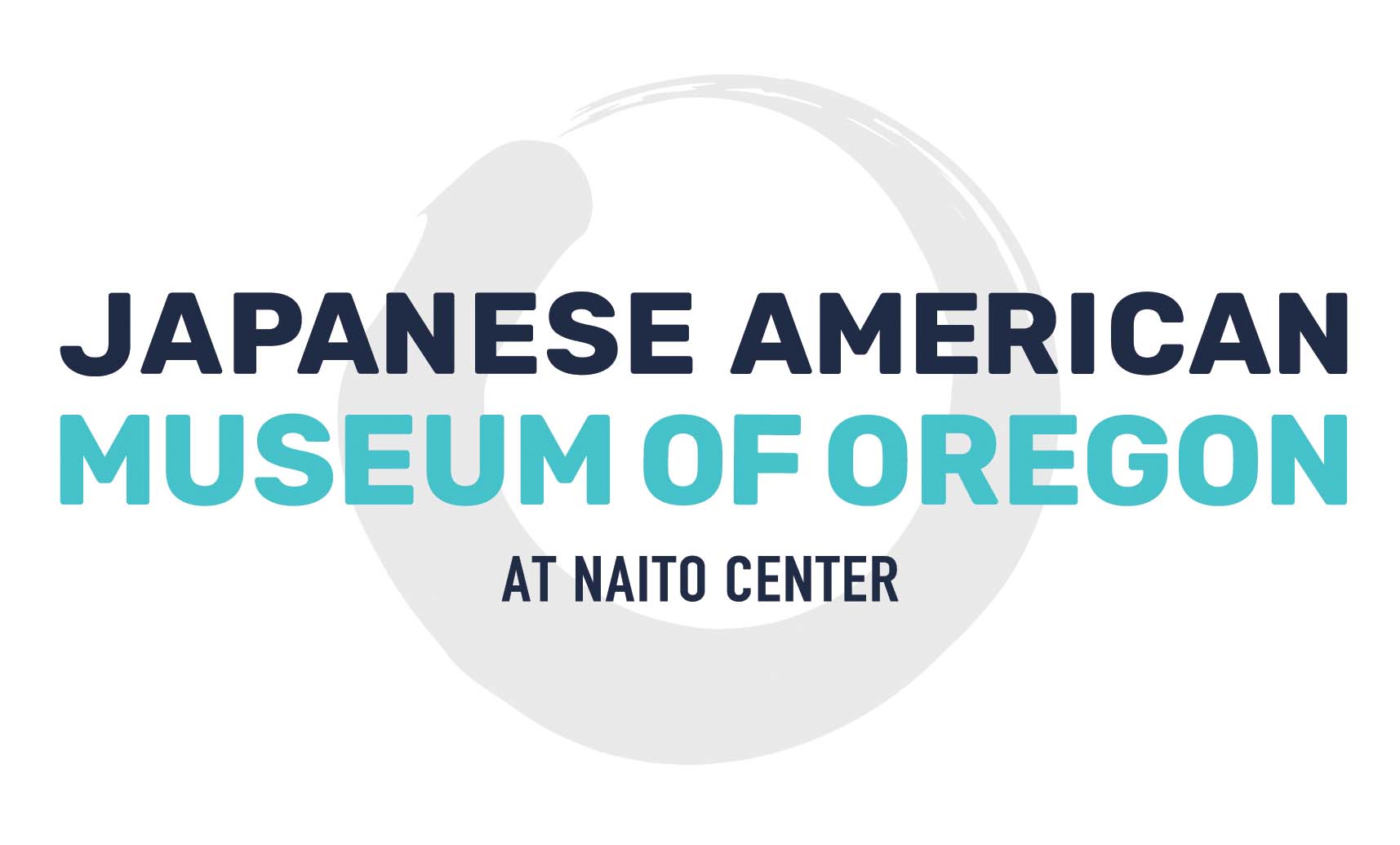In the early spring of 2023, I arrived in Tokyo, Japan along with my mom and two older sisters. It had been three years since our last visit, due to the Covid-19 restrictions, and I had felt excited to explore the city.
Every time I got a chance to visit Japan, I would admire the varying architecture and all of the stores that didn’t exist back in California. I loved Japan, truly. From the street food to the hidden alleyways that harbored antique shops to the pretty landscapes, I loved it all. During that trip, however, I discovered that loving something can be difficult, too.
When traveling to Japan, I had always felt uncomfortable to a small extent, but it was never anything that I couldn’t manage. However, in this past trip, my growing feelings of self-consciousness began to burden me.
In the U.S., I could tell that my comfort with my identity was finally taking shape, but the moment I stepped foot in Japan it seemed as if I was thrown into a vicious identity crisis once again. My confidence dipped when I was in Japan—I felt conscious of my language abilities and anxious of conversations with ordinary people.
After arriving at the airport, my ojiichan and obaachan greeted us outside as they hurried us to place our luggage in the trunk of their small car. I managed to mumble the typical greetings along with a few thank yous that probably went unheard.
In the car, my ojiichan struck up conversations that could only be described as background noises to the ears of mine that frequently surrendered to the words of the Japanese language. Throughout that entire 30-minute car ride, my ears would pique at familiar words, and then falter once I lost track of the subject amongst other particles and conjugations. As exhausting as it was, I was used to it; it was a familiar cycle that I fell into whenever I set foot in Japan.
And yet, that cycle was broken so easily before an unforgiving clothing store worker. While I became accustomed to not speaking unless spoken to, and to resort to simple elementary phrases, in that one shop I was forced to confront the language abilities that I sorely lacked.
As I stepped inside the shop, unaccompanied, I was welcomed with bright smiles and a cheery customer service voice from the clothing store worker. I gave a small smile in response but immediately averted eye contact to prevent being approached. As I walked around the store, I began to feel more comfortable as I became absorbed in the designs of their sweaters, the textures of their slacks, and the surprising amount of colors offered in a shirt despite the store’s small perimeter.
However, my immersion in the clothes and the beginnings of my ease quickly dissipated upon the appearance of the worker who stood two feet away from me. She was much shorter than me, carried herself in a gentle manner, and shot a smile that could only be described as glowing.
Despite it all, I was terrified. I felt myself freeze, as if I was a deer caught in headlights. I prayed that she would say something simple, something that I could understand and nod to and go on with my day without worry. Instead, I was met with a barrage of words that seemed to disguise itself as incomprehensible to me. I tilted my head and looked at her with confusion, but I couldn’t bring myself to say anything. I was paralyzed. She furrowed her brows and repeated the same words, but her sickly sweet voice was substituted with one that was more commanding with inflections of irritation.
Anxiety overtook my body, starting with my hands. I felt my palms beginning to sweat and shake at the sound of words that were familiar but indecipherable. Then, my face. I felt it heat up with embarrassment, at the glare from the worker who was attempting to hide it, but failing awfully. Lastly, my voice. I felt my breath quicken its tempo and the words I squeaked out to offer the worker were nothing but sounds without meaning. Before waiting for her reaction at my mumbled words, I quickly apologized as my gaze landed on the floor and walked swiftly out of the shop.
As my days in Japan went on, that moment seemed to be stuck in my head replaying at any given moment where there was an absence of thought in my mind. Often, that replaying moment was accompanied by my internal thoughts:
“I wish I learned Japanese when I was younger” and “How come connecting with culture seems to be so easy for everyone else?”
My experience in Japan buried itself deep within my subconscious and I was left feeling lost, confused, and isolated. Growing up second generation on my mom’s side and fourth generation on my dad’s side created an unforeseen gap in my ability to connect with my heritage.
I inherently understood Japanese gestures and mannerisms, but time and time again I found that they never could carry me far enough into a conversation before it would end abruptly, prematurely. I often felt like an imposter; I look Japanese and I carry cultural mannerisms in the way I move and speak, but the moment I enter a conversation there is a stark disconnect.
Connecting with heritage is something that has, in all honesty, been difficult and deeply isolating for me. As I navigated my Japanese American identity, however, I discovered that you can love something as much as you fear it, and that the more you learn to love something, the less you begin to fear it. This was a lesson I learned once I came back from my trip in Japan.
Ironically, it was the existence of both my fear and desperation to love the language that led me, one day, to stop by a bookshop and buy a Japanese language book. It was the impulsive nature of this action that made everything that I had been juggling with seem much lighter.
Since then, I’ve been rediscovering all the sentence structures and tones that I inherently once knew several years ago but I lost somewhere as I grew up. While I won’t reach perfection anytime soon, I learned to become comfortable with immersing myself in something that I had once only associated with fear. This rugged and imperfect journey of mine with my heritage is one that is not often displayed.
For that exact reason, I want to give voice to my experience even if it can only be in small increments. My experience is not conventional or attractive, but it is mine; and I feel that journey is rewarding nonetheless.
© 2023 Lauren Rise Masuda








